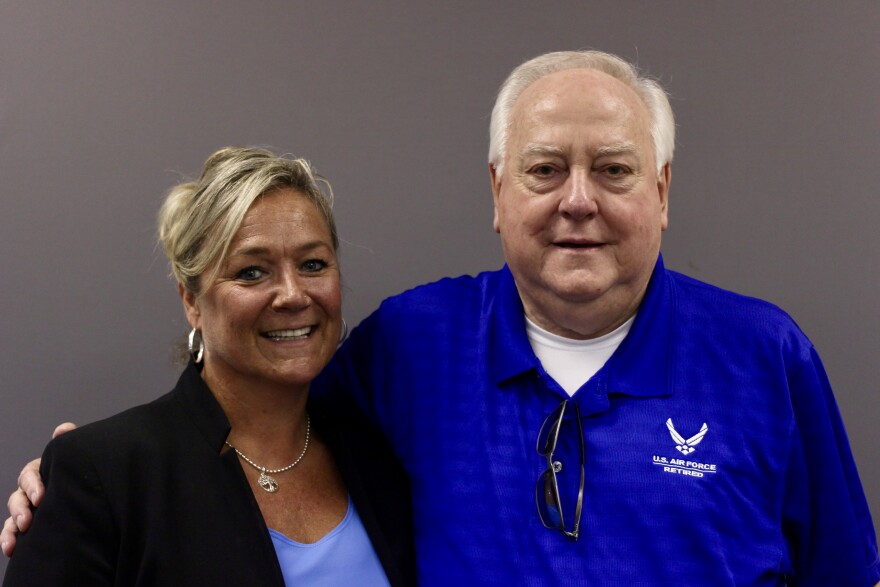In the final days of the Vietnam War, people knew the end was near. 3000 children were evacuated from South Vietnam and taken to the United States and other countries for adoption. Air Force veteran Ray Snedegar of Centerville tell his fellow Airman veteran Erin Manley of Dayton about his role in Operation Babylift.
Transcript:
Erin Manley (EM): What is one of the most significant events in your career?
Ray Snedegar (RS): Evacuating the Amerasians babies out of Vietnam at to the closure of the War. At the last minute, President Ford made the decision we were going to fly in there and pick these babies up. Children of American fathers and Vietnamese mothers. The intent for the North Vietnamese was, supposedly, to kill all these mixed-race babies. They came out looking for anybody on the crew who had combat loading experience. I put my hand up because I'd had a lot of experience in Vietnam in combat loading, not only loading people alive, but loading bodies onboard, and parts of bodies, and body bags, et cetera. So, we were trying to get them out and we did actually get like three thousand people out eventually before they shut down the War. But there's somewhere between twenty and eighty thousand of these children were born during that period. There's no accurate number on it. And we only got three thousand out. It was a great mission, a humanitarian mission, but it went bad because we crashed not too long after takeoff. Wound up one hundred and thirty-five died and one hundred and seventy-five people survived in a crash. Yeah.
EM: So, how long did you go before you flew again?
RS: Probably a couple of years, at least.
EM: Were you scared?
RS: Apprehensive, I guess, is the word. If anything changed, the pitch of the engine changed or air conditioner popped, anything, I would sit straight up because I was expecting bad things to happen. Eventually, all that went away.
EM: Of the people that were on the crash that survive, is there anybody that you still keep in contact with?
RS: Yeah, I'm friends with probably twenty. No, I'm probably friends with thirty-five or forty of the babies that were on there. They are adults now, obviously. I'm real close friends with about ten of them. But yes, I'm close with a lot of those, and I communicate with some of my every day.
EM: I know that you went on a trip back there a few years ago. What was that like when you when you figured out exactly where it happened?
RS: I didn't want to go back for years. I got talked into by my friend Aryn, the flight nurse, and we went back in November of 2014. We spent nearly three weeks in Vietnam. We were at the actual crash site, right where the nose gear wound up, right where I was at, actually, when they got me out of the airplane. Very emotional. We cried our eyes out.
Air Force veterans Ray Snedegar and Erin Manley spoke at WYSO as part of StoryCorps' Military Voices Initiative which visited the Miami Valley last summer. Veterans’ Voices on WYSO is presented by Wright-Patt Credit Union with additional support from CareSource. This story was edited by Jim Kahle and Will Davis and created at the Eichelberger Center for Community Voices at WYSO.


